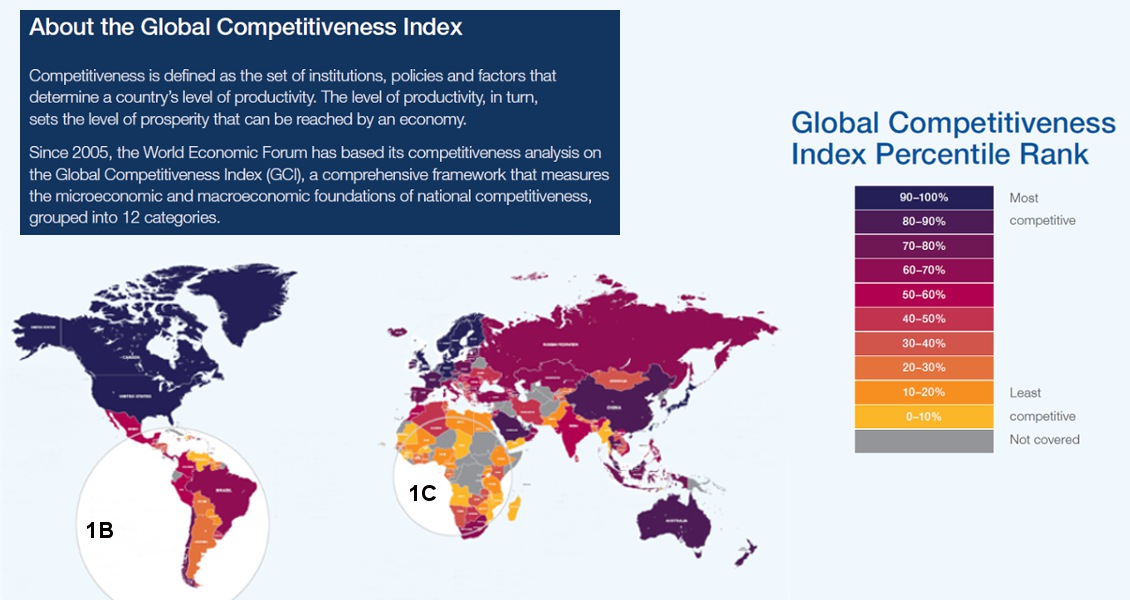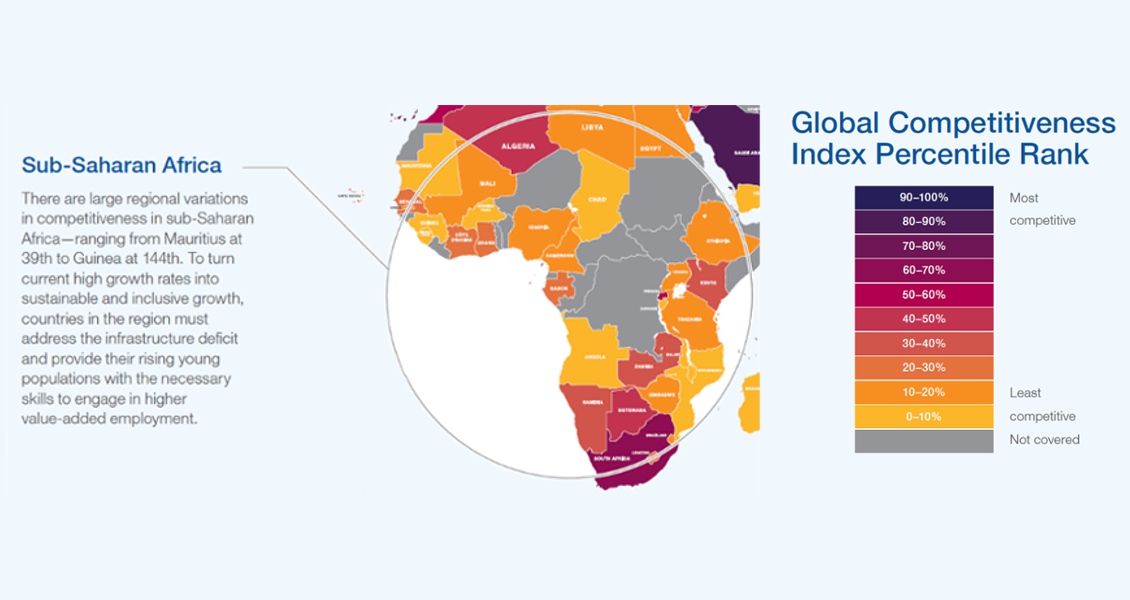Long before Columbus sailed the Atlantic in 1492, the inhabitants of South America were aware of the bounty of hydrocarbons in their lands. They collected oil from seeps and used it for illumination and caulking canoes, and for medicine – very good for gout, apparently. Exploration for hydrocarbons in the modern sense has been underway for over 150 years and the first discovery in South America, the Zorritos Field in Peru, was made in 1869. Similarly, seeps throughout Africa have been known and exploited for centuries, and the first oil discovery in Egypt was made in 1869. According to the BP Statistical Review of World Energy, Africa and South America together contributed nearly 20% of the world’s total oil production in 2013.
So both these continents have a proud history in the oil industry and continue to surprise us. In the early days of exploration who would have imagined that the sediments below the deep waters of both sides of the South Atlantic held immense riches under the salt; possibly 176 Bbo still to be discovered off Brazil alone. On the other side of the ocean, the North West African Atlantic Margin was long ignored, but is now holding out promise of great riches.
How will these continents fair in today’s straightened times? President Obama in his recent visit to Alaska said that he believed that the US should rely on domestic production rather than on foreign imports, but not all countries have that option. It is important that the technological advances that have already meant that US shale oil and gas is being produced much more efficiently than it was just a couple of years ago are transferred throughout the world for the benefit of all.
However, technology is not the reason why many companies find working in Africa and South America difficult. Many of the nations of these continents are caught up in the oft-cited ‘oil curse’, with impenetrable bureaucracy, behemothic state oil companies and impractical legal and profit sharing requirements. When there are many opportunities for oil companies to spend their much-reduced exploration budgets, it is easy to see why these scarce dollars may move away from ‘difficult’ countries to ones where there are fewer bureaucratic obstacles.








